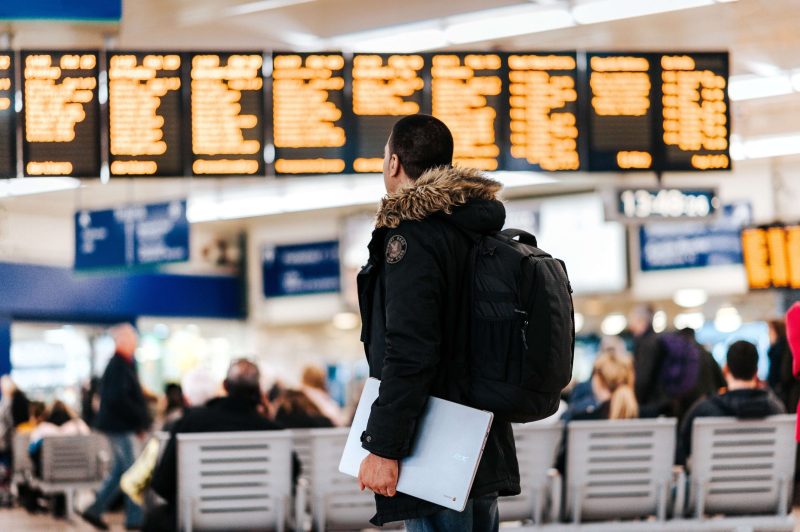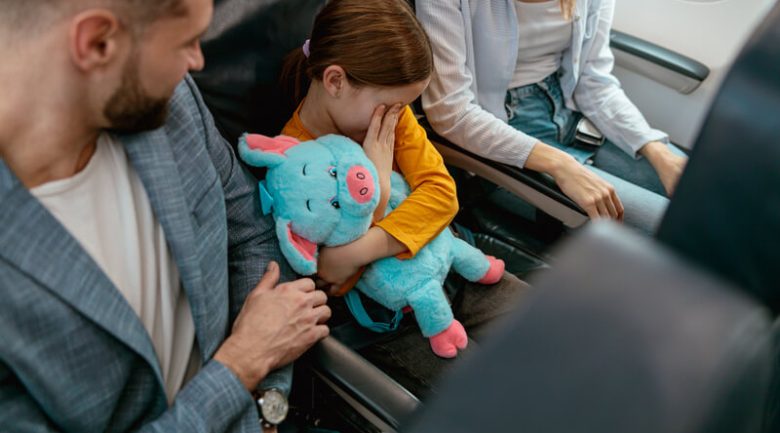Future of travel after the pandemic
For the first time in years, airports around the world look like those of the old days. The stringent security measures that now take up to three hours to complete at major hubs such as Heathrow and JFK brought travel across international borders to a standstill for close to two years. As countries slowly started allowing business travel again, it became clear that the world had changed.
“We now understand that business travel will need to become more mindful, with heightened security measures and hoops to jump through at every airport around the globe. Here’s what you can expect for your business travel during this new era of heightened awareness.
1. It will take time to reach the new norm
The massive overhaul in global travel will not happen overnight, and it won’t be an easy transition from one extreme way of doing things to another. Travelers and organizations alike will need to develop new travel habits and become accustomed to changes in process, all while navigating the occasional speed bump that’s bound to happen.
2. Business travel will be less common but more mindful
It might seem like business travel is down for good, as many companies around the world have pulled back on sending their employees to even close locations. However, while some companies will never reach their previous heights of business travel, others might look to more strategically send people across the world for critical meetings between executives and on-the-ground employees.
In both cases, if business travel does return it will be a more mindful version that makes sure to take into account all factors surrounding a trip: cost, time away from the office and local geopolitical conditions.
3. Domestic travel will grow and international travel will decline
Due to heightened security concerns around the world, domestic flights will become more popular than ever as international routes see an uptick in cancelled or delayed passengers at airports. Travelers who do get approval for international trips will require extra documentation such as visas or other screening measures. And for those who do travel outside of their home country, a higher level of awareness will be required on the part of the traveler.
4. Organizations will want more travel support for their employees
In order to ensure that business travel is as minimized as possible, organizations will likely offer additional support services such as resource management and transportation alternatives like carpooling and more efficient use of public transit systems. These services may be part of an organization’s wellness system or may be provided through a third-party provider. The rise of alternative modes of transportation will also provide new opportunities for local businesses in regions where high-speed rail has been implemented.
5. We will have to jump through new hoops
Business travelers should expect new hurdles to jump through when it comes to voucher submission. Travelers should consider using mobile-savvy voucher filing solutions that help automate the voucher submission process and provide greater controls for approval workflows.
6. Organizations will want more travel support for their employees
As business travel decreases organizations will discover they need additional help to ensure compliance with company policies, procedures and regulations. That means there’s an opportunity for new providers in the business travel space who can offer value-added services to companies looking to manage their business travellers better. Travel management companies, technology firms and collaboration platforms are just some of the businesses that could present themselves as a viable option for companies looking for additional assistance managing their employees’ travel activities.
7. Organizations will want to keep a closer eye on business travel.
Many companies will already have been increasing their focus on business travel – the average spend per traveler rose by 8% last year, according to a survey carried out by technology company Concur. In light of covid-19, they may decide to up this ante even further and make even more effort to keep track of what their employees are up to. This will likely involve more stringent rules, so workers should expect to have their travel requests approved before they head out on trips or be able to provide proof that they followed them.
8. New security risks could arise from the new ways of working.
As companies will want people to be as productive as possible when they’re on the road, they will also want to do their best to ensure that corporate data remains secure. This could mean new rules and restrictions. People who work from home or on the go may have a harder time accessing company information and data.
What does this all mean? In our opinion, the impact of covid-19 will be significant, with implications for security, freedom of movement, and collaboration.
For many workers, they are used to working on the road, on vacation even. But now? Business travel is going to change forever.
It will be difficult to continue working while traveling and I would expect a change in company policy for employees who work remotely. This is going to be a very busy year for travelers, from flights delayed due to data center relocations to navigating airports with new restrictions. Security will also become even more critical, as people can’t work on the road anymore–not easily at least. Companies need to make sure their information is safe when they send it out of the country. There are no one-size-fits-all answers here, but hopefully, this post has helped you understand some of the steps companies and their employees need to take.
What do you think? Is there anything missing? What would you add? Feel free to share your thoughts with us.




